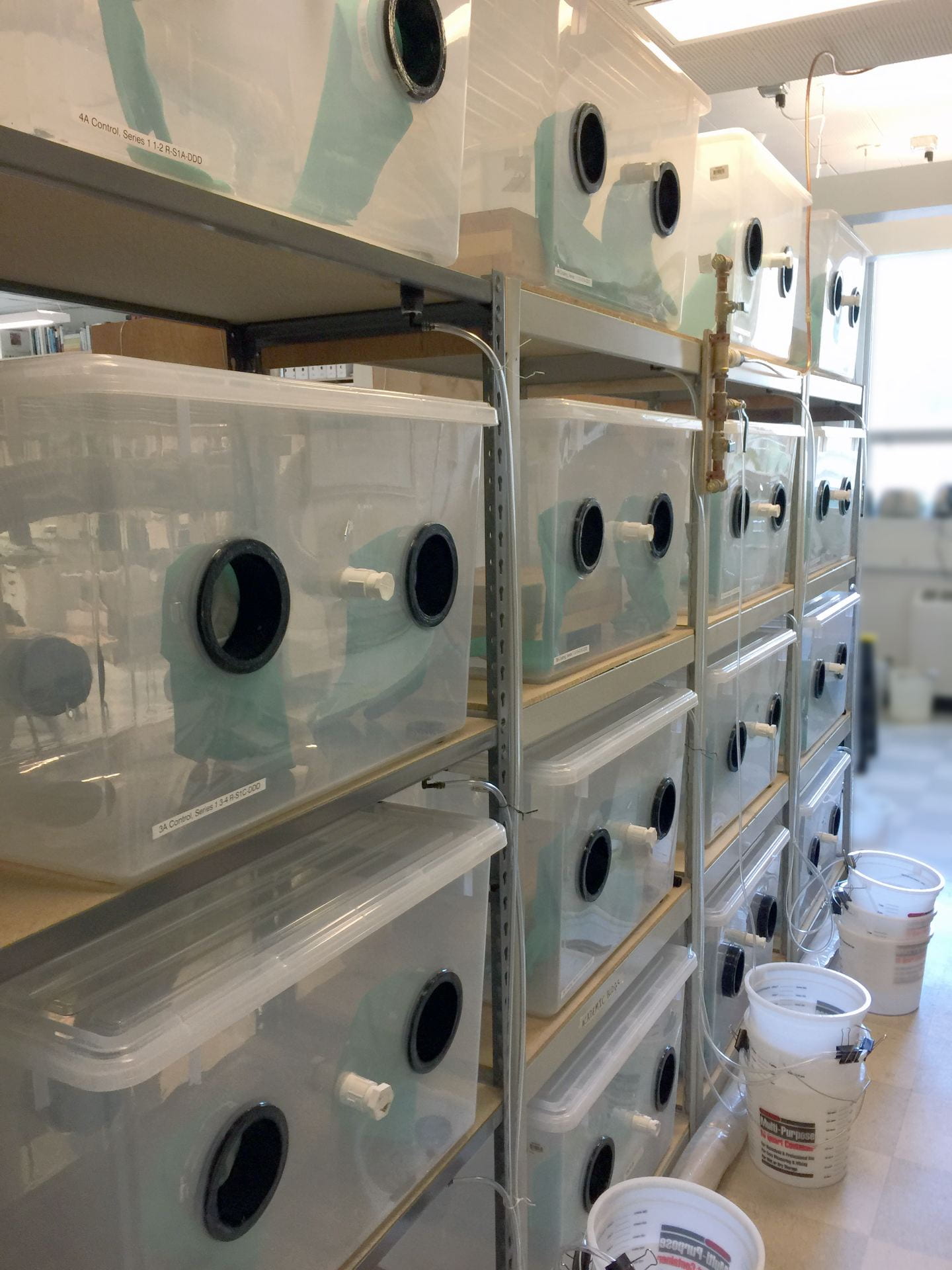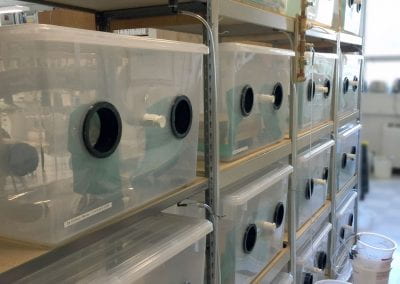STRUCTURAL MASS TIMBER IN HEALTHCARE ENVIRONMENTS
Funded by the US Forest Service
The goal of this research is to accelerate the application of structural mass timber, such as cross-laminated timber (CLT), in healthcare construction. In particular, this project will address concerns related to indoor microbial and moisture performance of CLT, as well as exploring other unique challenges from using mass timber in healthcare applications. The project will engage with industry partners representing architecture, engineering, and construction (AEC), healthcare professionals, and policy-makers to advance the state of knowledge and market penetration of CLT in healthcare.
“Mass Timber Hospital: The Future of Healthcare” was developed by ZGF and Swinerton in partnership with Timberlab, Dengenkolb, Arup, University of Oregon Institute for Health in the Built Environment, PeaceHealth, KPFF, Jensen Hughes, and Pierce McVey.
Mass Timber Hospital: The Future of Healthcare
Read the white paper here that describes design strategies for the use of mass timber in healthcare applications.
Mass Timber Hospital: The Future of Healthcare
Learn about key design points and solutions developed together with industry.
Effects of wetting events on mass timber surface microbial communities and VOC emissions: implications for building operation and occupant well-being
Learn about IHBE research investigating mass timber in simulated hospital environments.
In collaboration with the Healthy Building Lab at Portland State University, we explored the volatile organic compounds and microbial community dynamics resulting from mass timber in simulated microcosm healthcare settings.

We used one species of CLT Douglas Fir Larch as our CLT test material. Half were coated with a finish, and half were left unfinished.
Then, we coated the surface of the CLT blocks with a lab-made cocktail of healthcare associated microbes, the germs commonly found on hospital surfaces, and placed them in sterile boxes to run our experiment.

We sampled the microbial activity in the beginning, and then over a period of time, with multiple “wetting events”, which are when the CLT were misted or sprayed.









